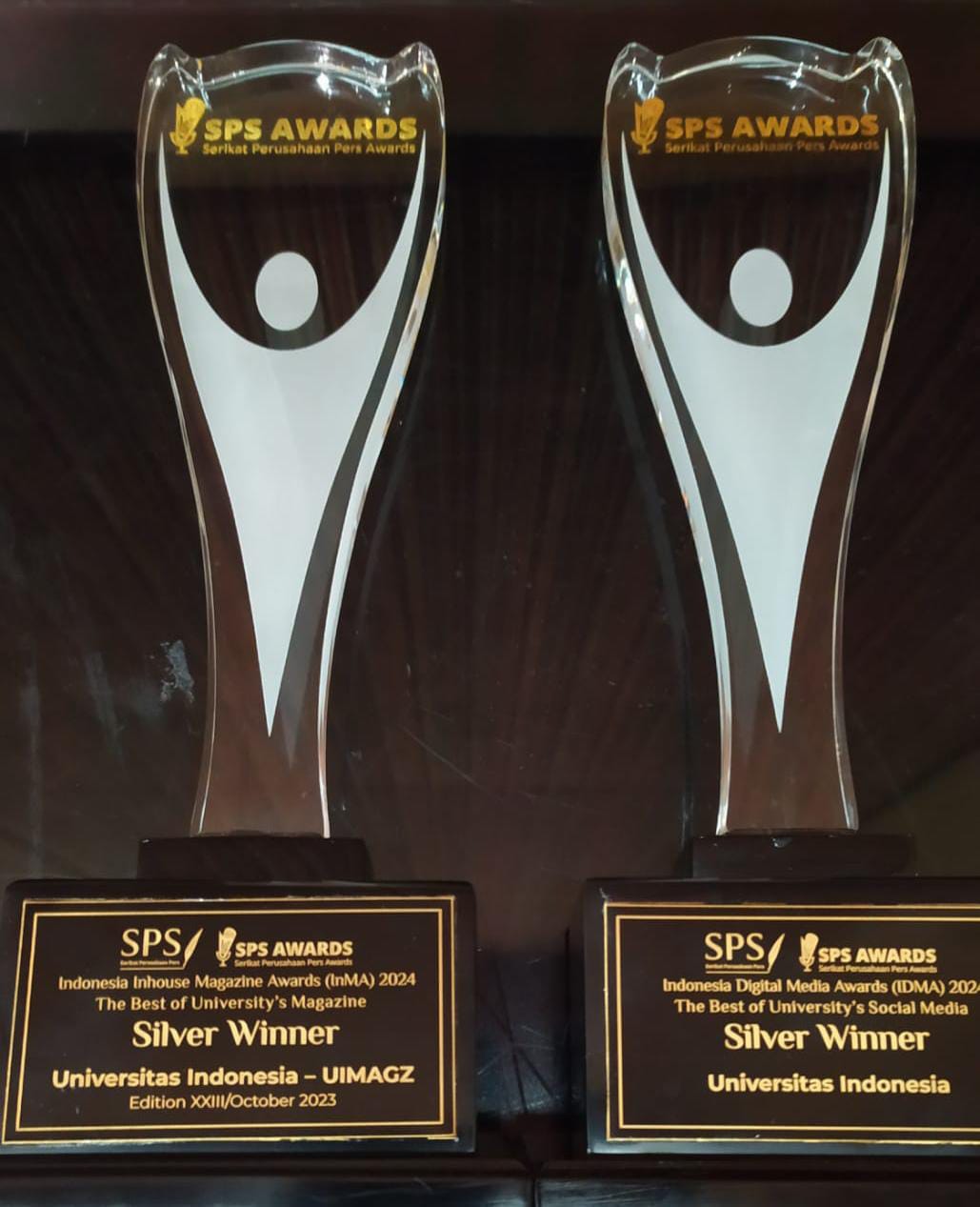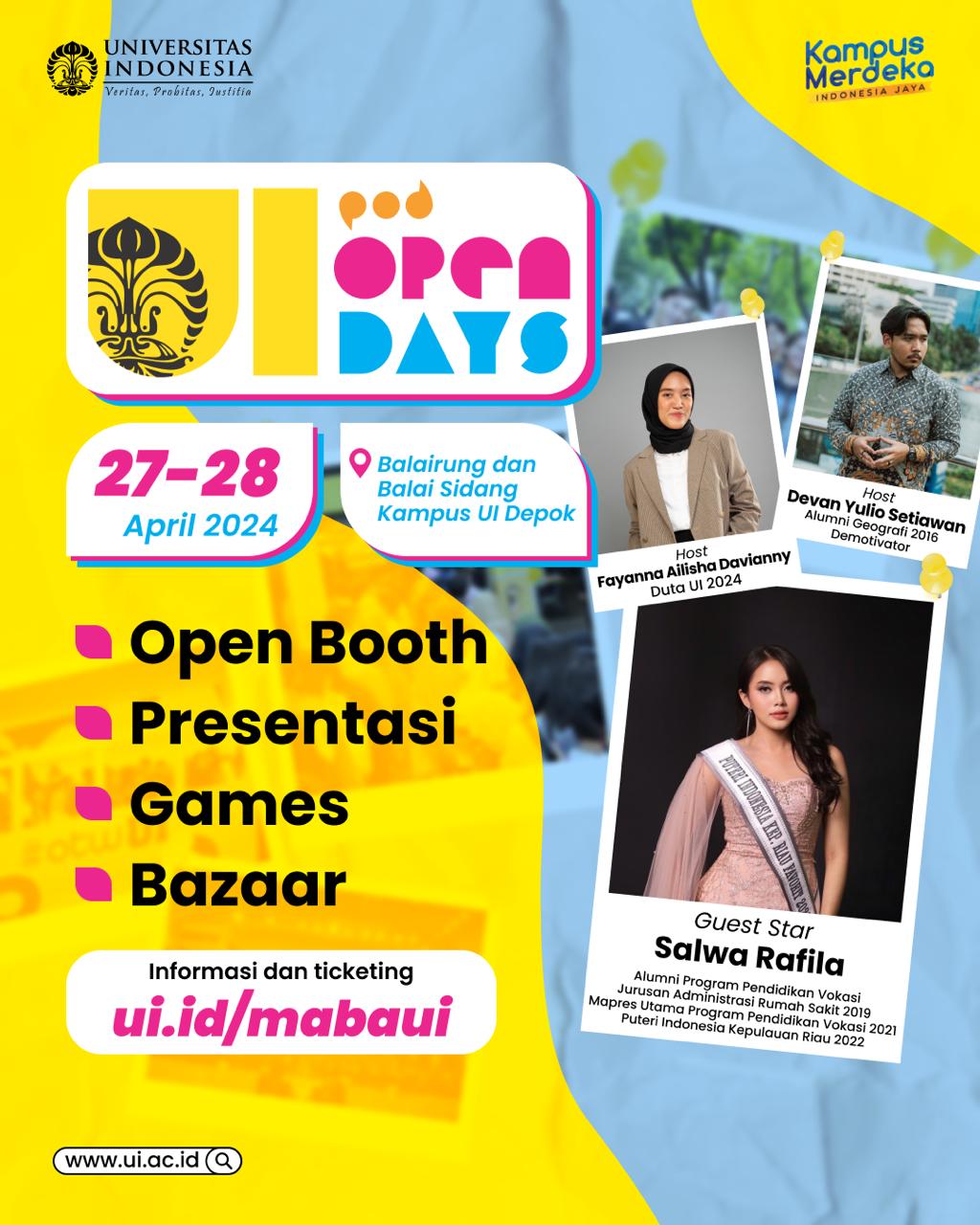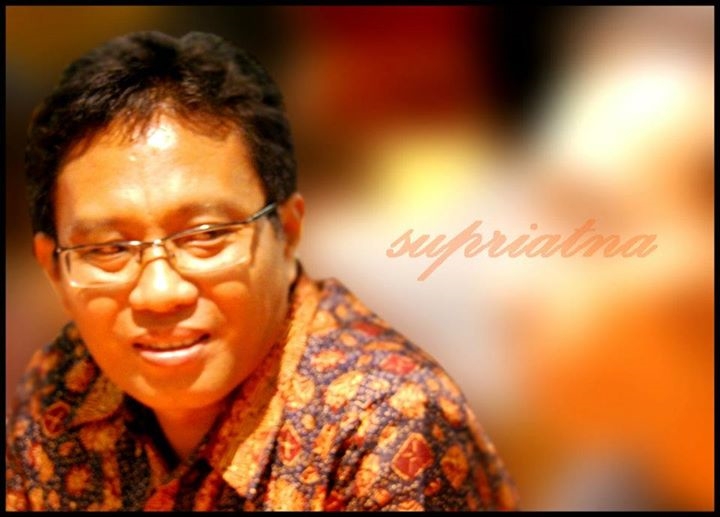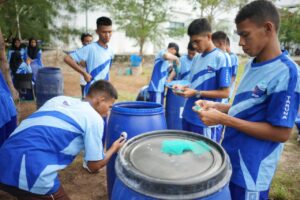
Universitas Indonesia (UI) is collaborating with its partners, namely Danone, Yayasan Lentera Anak, and the Wakatobi Marine and Fisheries Community Academy, in “My Waste, My Responsibility (Sampahku, Tanggung Jawabku, Samtaku)” learning activities in Central Java, Yogyakarta, and Wakatobi, Southeast Sulawesi. The Samtaku team is led by Dr. Cindy Rianti Priadi, S.T., M.Sc., lecturer at the Department of Civil Engineering, Faculty of Engineering UI (FEng UI) in implementing a series of experiential learning projects for responsible waste management.
“We chose Wakatobi as the pilot location for the implementation of the Samtaku program because this area has the Wakatobi Marine National Park, which is the 3rd largest national park in Indonesia. The charm and beauty of Wakatobi’s marine ecosystem should be preserved and protected. Samtaku activities in Wakatobi which are supported by the National Geographic Society are divided into three main activities, namely Training of Trainers (ToT) for Wakatobian youths, Teaching Factory Improvement at the Wakatobi Marine and Fisheries Community Academy (Akademi Komunitas Kelautan dan Perikanan, AKKP), and Learning Sessions for junior high school students in Wakatobi,” said Dr. Cindy who is also a National Geographic Explorer.
The ToT activity aims to train 12 selected Wakatobi youth from 5 AKKP Wakatobi cadets, 5 members of the Wakatobi nature lovers group, and 2 Forest Rangers from Wakatobi National Park Agency. These 12 youths were trained to become trainers in the future for Learning Session activities for local junior high school students. Accompanied by the YLA and UI teams, the participants were provided with tips and tricks and simulated learning activities to become good facilitators.
The Teaching Factory Improvement activities at AKKP Wakatobi included ecobrick training and installation of composting units and Torbi for organic waste processing. Dr. Cindy and the team from UI provided two days of training to AKKP Wakatobi lecturers and cadets to recognize, create and assemble alternative technologies for processing organic and plastic waste.
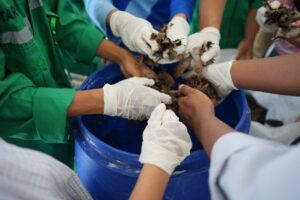
On the first day, participants learned to process organic waste from the source using a composter and Torbi that applies Anaerobic Digester (AD) technology. With a composter, organic waste can be processed into compost, while with AD technology, organic waste can be processed into liquid fertilizer and biogas as clean energy to replace LPG. By putting 3 kg of organic waste every day into the Torbi reactor, it can optimally produce biogas equivalent to two 3kg LPG cylinders. Overall, 10 composter units were successfully made and 1 AD unit was successfully installed.
On the second day, the participants participated in training on ecobricking, which is one of the alternatives to processing plastic waste. Ecobricks are plastic waste bottles filled with pieces of plastic waste until they are solid, be it soft like plastic bags or rigid like sachets. The participants managed to make 20 ecobricks and then made them into modules that can be utilized, such as room decorations.
The Learning Session was the culminating event of the entire series of activities in Wakatobi. The event was officially opened by the Regional Secretary of Wakatobi, attended by the Heads of Regional Apparatus Organization, Director of AKKP Wakatobi, Head of Region 1 Management Section of Wakatobi National Park Office, Principals and accompanying teachers from SMP 3 Wangi-Wangi Selatan, SMP-TQ Muadz bin Jabal, SMP 5 Wangi-Wangi, SMP 1 Wangi-Wangi Selatan, and SMP 1 Wangi-Wangi. 125 junior high school students from five different schools in the Wakatobi area participated in the study.
The ToT trainers introduced and guided the junior high school students through six games on responsible waste management based on the book “My Waste, My Responsibility”. All six games become a learning activity with an interactive and educational approach that is expected to instill a culture of reducing waste from its source.
“Through the vital role of local facilitators, this program is expected to continue and grow not only among junior high school students but also other education levels. Not only among students but also other elements of society, and not only among Wangi-Wangi Island but the entire Wakatobi Regency and beyond. Hopefully, this program will run successfully and be able to overcome the waste problem in Wakatobi so that it can become a model for other islands, districts and cities to start introducing responsible behavior in waste management by prioritizing waste reduction at the source,” said the Dean of FEng UI, Prof. Dr. Heri Hermansyah, ST., M.Eng., IPU.
Samtaku activities were created with reference to the book “My Waste, My Responsibility” jointly developed by UI, Danone, and YLA in a series of experiential learning projects for responsible waste management. Samtaku activities in Wakatobi were supported by the Wakatobi Marine and Fisheries Community Academy (AKKP), the Wakatobi National Park Agency, and the Indonesian Ufuk Studies Foundation and were held on January 21-26, 2022.
In addition to Samtaku activities in Wakatobi, the Danone team, Yayasan Lentera Anak (YLA), and Universitas Indonesia (UI) also held a “My Waste, My Responsibility” (Samtaku) Webinar for 120 elementary and junior high school teachers in Central Java and Yogyakarta. The webinar, held on July 21, 2022, aims to train teachers to deliver materials on responsible waste management to students in a fun way.

